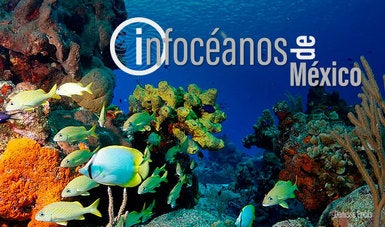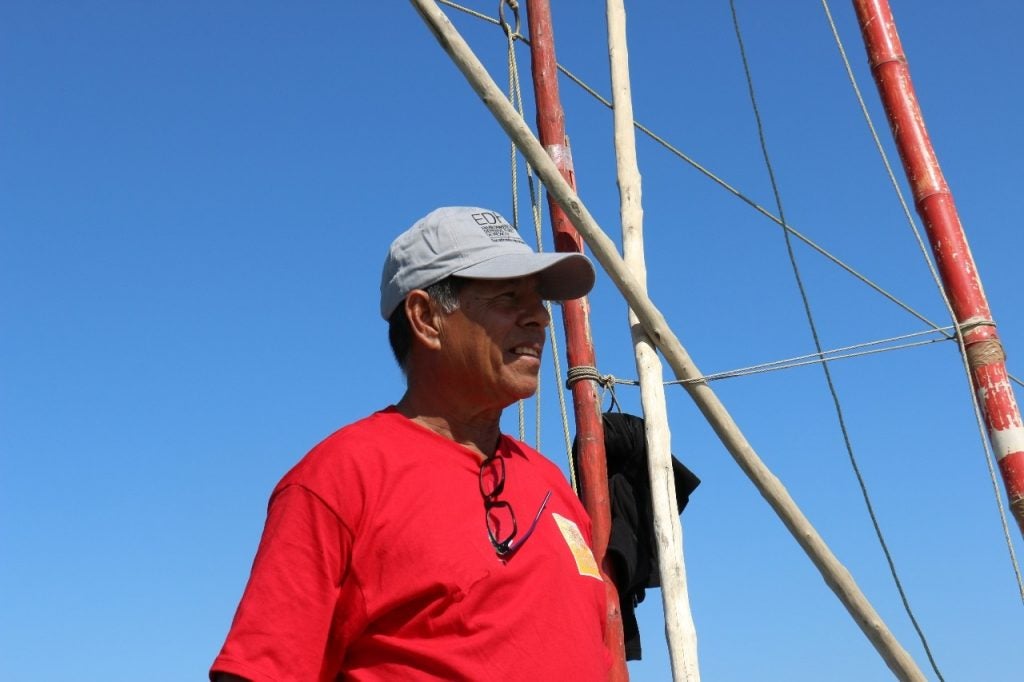 Behind every single seafood dish you have ever eaten is a chain of hands that helped bring that gift from the sea to our plates, often starting with men and women in small-scale fisheries. At Environmental Defense Fund (EDF), we believe that protecting our world’s oceans and coastal livelihoods can only be achieved when we protect people and nature together. In other words, protecting the lives behind all those hands that work in the fisheries and seafood sectors is central to ensuring long-term healthy oceans. Read More
Behind every single seafood dish you have ever eaten is a chain of hands that helped bring that gift from the sea to our plates, often starting with men and women in small-scale fisheries. At Environmental Defense Fund (EDF), we believe that protecting our world’s oceans and coastal livelihoods can only be achieved when we protect people and nature together. In other words, protecting the lives behind all those hands that work in the fisheries and seafood sectors is central to ensuring long-term healthy oceans. Read More
EDFish
Putting people at the center of solutions is crucial to ensure healthy fisheries
Science is at the core of the sustainable management and conservation of Mexico’s marine resources
What if scientists, governments and citizens had access to a database that held everything we know about our oceans? This snapshot of the current state of science would be invaluable to understand the state of ocean health, would help build scientific solutions to climate-driven ocean problems and could spur new collaboration and amplify current conservation efforts.
Luckily for all of us passionate about the oceans in Mexico, this amazing database is not just a fantasy. It is now a reality in Mexico thanks to the collaborative efforts of Environmental Defense Fund (EDF) and Mexican researchers from several institutes including the University of British Columbia and the Mexican National Commission for the Knowledge and Use of Biodiversity (CONABIO). Read More
In Sinaloa, Mexico fishermen are rewriting their legacy
A year ago, Fidel Insunza was not very optimistic about his future in fishing. With more than 30 years on the water, he has seen prosperous times come and go in Altata-Ensenada del Pabellon, a coastal lagoon system in Sinaloa, Mexico. Back in the “good days,” as he calls them, his income allowed him to buy a brand new pick-up truck or take his whole family on vacation to participate in Mazatlan’s famous Carnival. “Those were the days,” he recalls with nostalgia. Today, his income has reduced to a third of what it used to be. But he is not ready to give up on fishing just yet. “This is my life, the heart of my community, and I would choose to be a fisherman once more if I was born again. The only difference is that I would do it more responsibly,” he says. Read More
No time to lose: Solutions needed to protect the environment and economy of the Upper Gulf
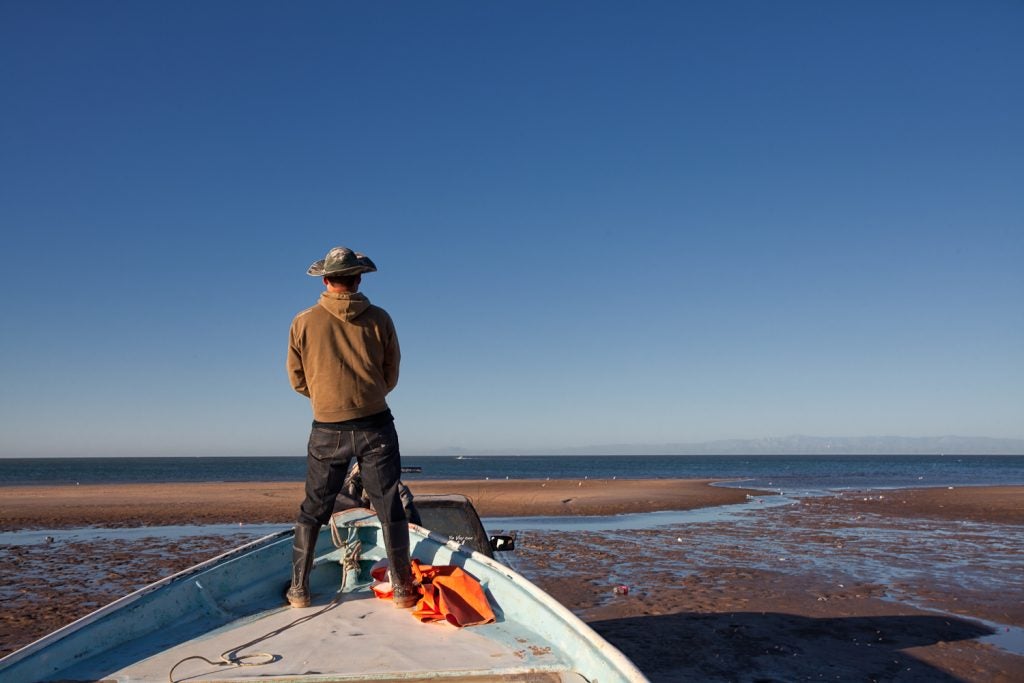 This piece was originally published in Spanish on February 5, 2017 in El Universal.
This piece was originally published in Spanish on February 5, 2017 in El Universal.
The future of the vaquita – a porpoise endemic to the Upper Gulf of California – and the jobs of thousands of people living in the region are in jeopardy.
In recent weeks numerous reports have made public that rampant illegal poaching of the endangered totoaba fish continues – sought for its valuable swim bladder and sold for thousands of dollars in the Chinese black market.
Experts in fishing and environmental issues concur that totoaba poaching in the region is not only threatening the endangered totoaba, but is also the main source of mortality of the vaquita, which is on the brink of extinction. Environmental Defense Fund is seriously concerned about this situation and the equilibrium of the marine ecosystem in the Upper Gulf. Read More
The time is now: Solutions for lasting change in Upper Gulf of California
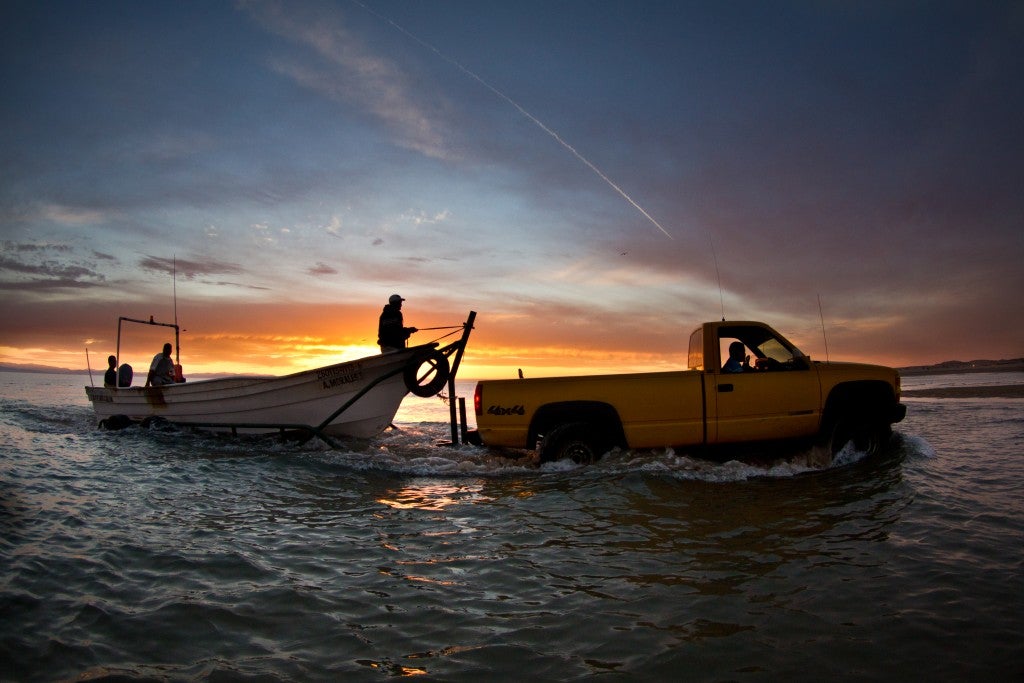
Photo: Carlos Aguilera
We are deeply concerned about the future of the vaquita marina, a small porpoise endemic to Mexico’s Upper Gulf of California. Long on the brink of extinction, the vaquita is facing an additional threat due to rampant poaching of an endangered fish – the totoaba – whose swim bladder is prized in Asian cuisine, and whose future is also imperiled. The situation is now dire with scientists estimating that fewer than 60 vaquita may now exist, escalating the urgency for action. Not only are the futures of vaquita and totoaba at stake, but also the future of thousands of legal fishermen whose livelihoods are uncertain as the government proposes management changes to address the threats to vaquita.
In July, President Peña Nieto and President Obama called for a permanent ban on gillnets in the Upper Gulf region where vaquita are found, the development of alternative gear to ensure that legal fishing in the Upper Gulf does not interact with vaquita, and bilateral coordination on enforcement to eliminate illegal trafficking of totoaba. The Mexican government has made initial strides, and this week the Mexican Senate Fisheries Committee convened Upper Gulf stakeholders to provide a platform for discussion of the critical issues at hand.
We commend both governments for understanding the urgency and importance of these issues, and for announcing efforts focused on fisheries gear improvements. However, these actions alone are not enough. What’s most important is to end the illegal poaching of totoaba. As long as poaching continues, vaquita continue to risk death as a result of entanglement in totoaba nets and further, the already depleted totoaba population will continue to decline. Read More
Mexico is making strides to improve fisheries management and conservation
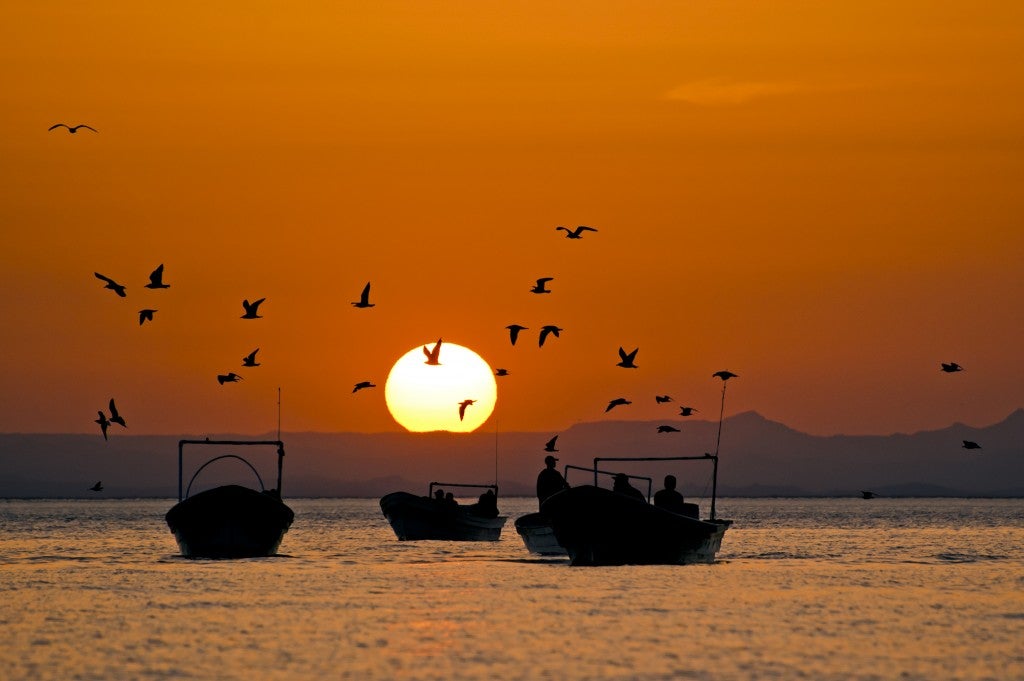
Photo credit: Carlos Aguilar
2015 looks to be the year Mexico takes significant action to improve the sustainability of its fisheries.
Mexico is the world’s 16th largest fishing nation and one of the globe’s richest in marine biodiversity. The productive waters of both of Mexico’s coastlines teem with a wide array of species that sustain commercially important fisheries. These include hundreds of commercially valuable species of finfish, clams, squid, sardines, and tuna that share the waters of the Pacific, Gulf of Mexico and Caribbean with wildlife such as whales, dolphins, seabirds, and turtles.
This year, Mexico’s Federal Fisheries Commission (CONAPESCA) and Federal Fisheries Institute (INAPESCA), are working together with fishing communities and state authorities to implement stronger measures to protect marine biodiversity and ensure sustainable fishing livelihoods. Read More










